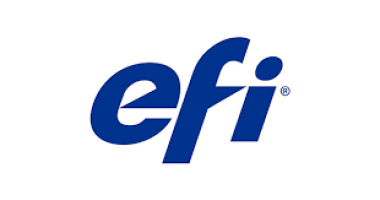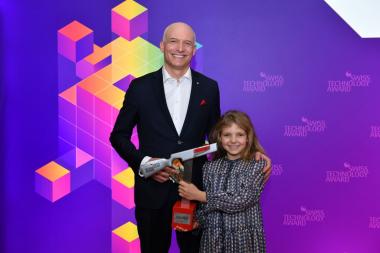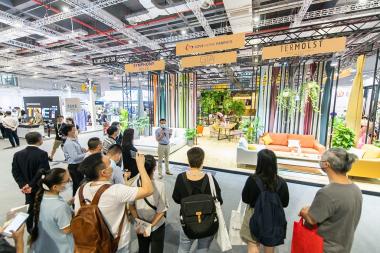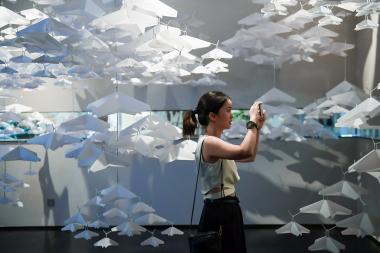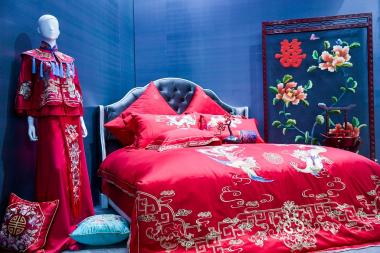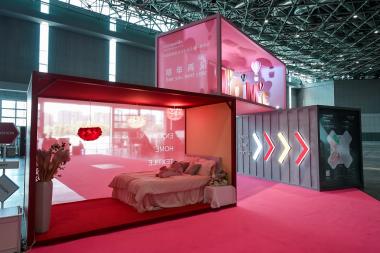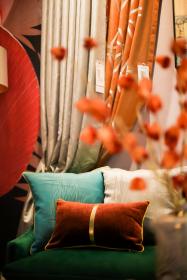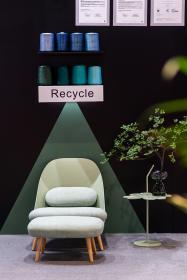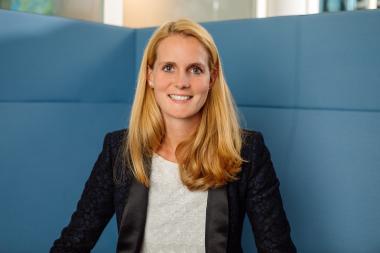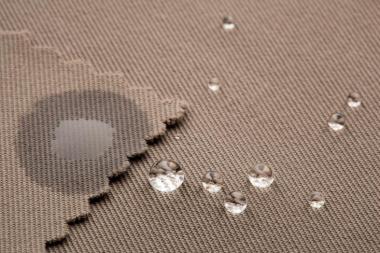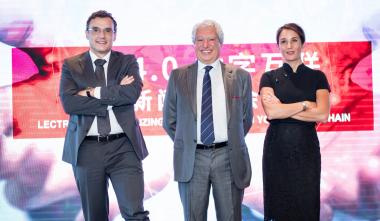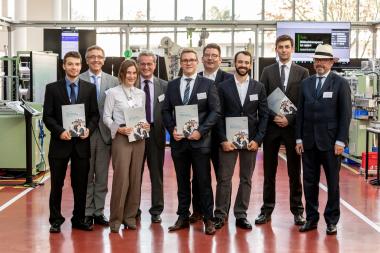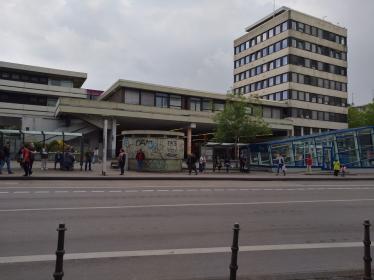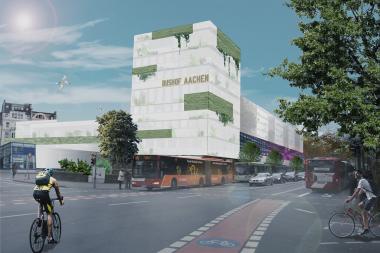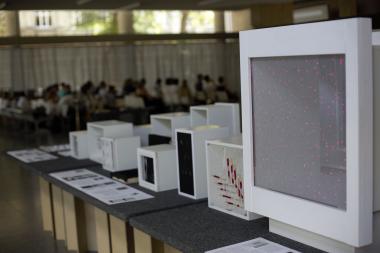EFI Reggiani celebrates 75 years in the textile world
This year, EFI™ Reggiani celebrates 75 years of heritage, innovation and glamour in the textile world. As part of its anniversary celebration, the textile technology innovator is revealing the imminent launch of three new digital textile printers.
Reggiani Tessile – which was one of the largest fabric manufacturing companies in Italy – created the company to meet its needs in machinery development. Then known as Reggiani Macchine, the company grew tremendously over five decades thanks to continuous product innovation and close customer relationships.
From the creation of its first traditional printer to its latest technological innovations, EFI Reggiani’s tradition and dedication to its products have contributed to the global transformation of the textile market. EFI Reggiani solutions are used in high-quality, highly productive operations in all of the world’s major textile manufacturing centres. New EFI Reggiani innovations also help facilitate the spread and localisation of industrial textile manufacturing closer to end users in new geographic markets.
In the growing industrial, entry-level segment of the market, EFI Reggiani is strengthening its multi-pass offering by introducing two new scanning machines, which will help facilitate customers’ needs to manufacture closer to the end consumer. The pair of scanning printers EFI Reggiani is bringing to market in 2021 will enable new customers to take their first steps in industrial textile digital printing.
EFI


